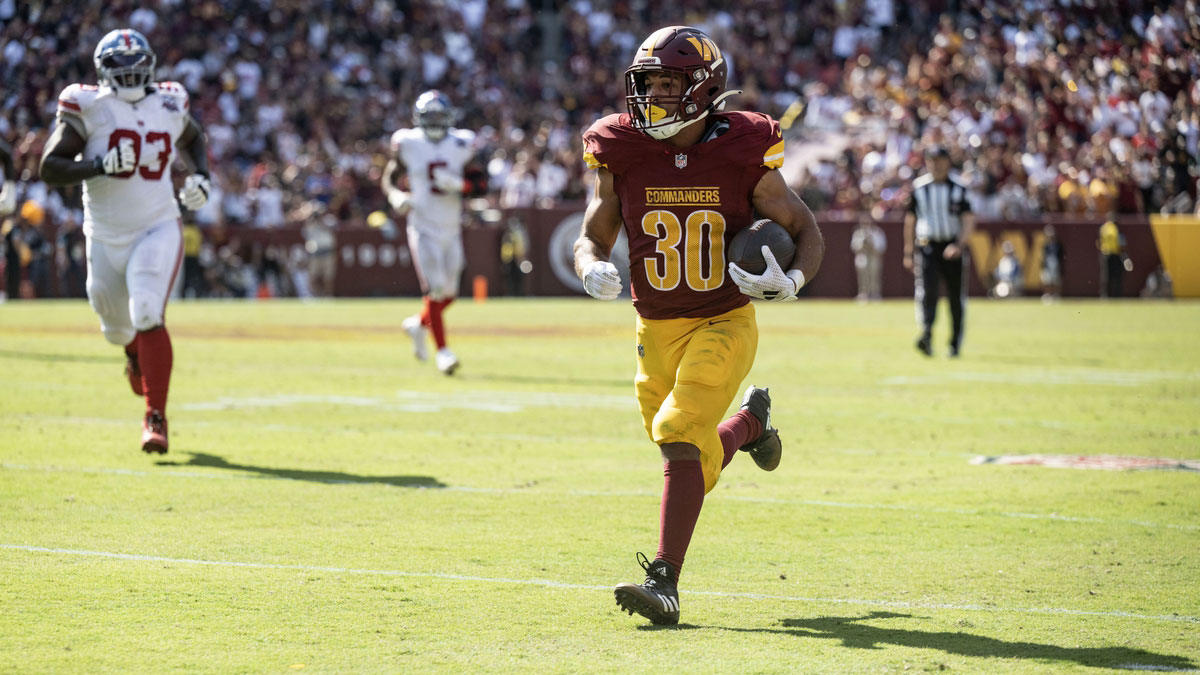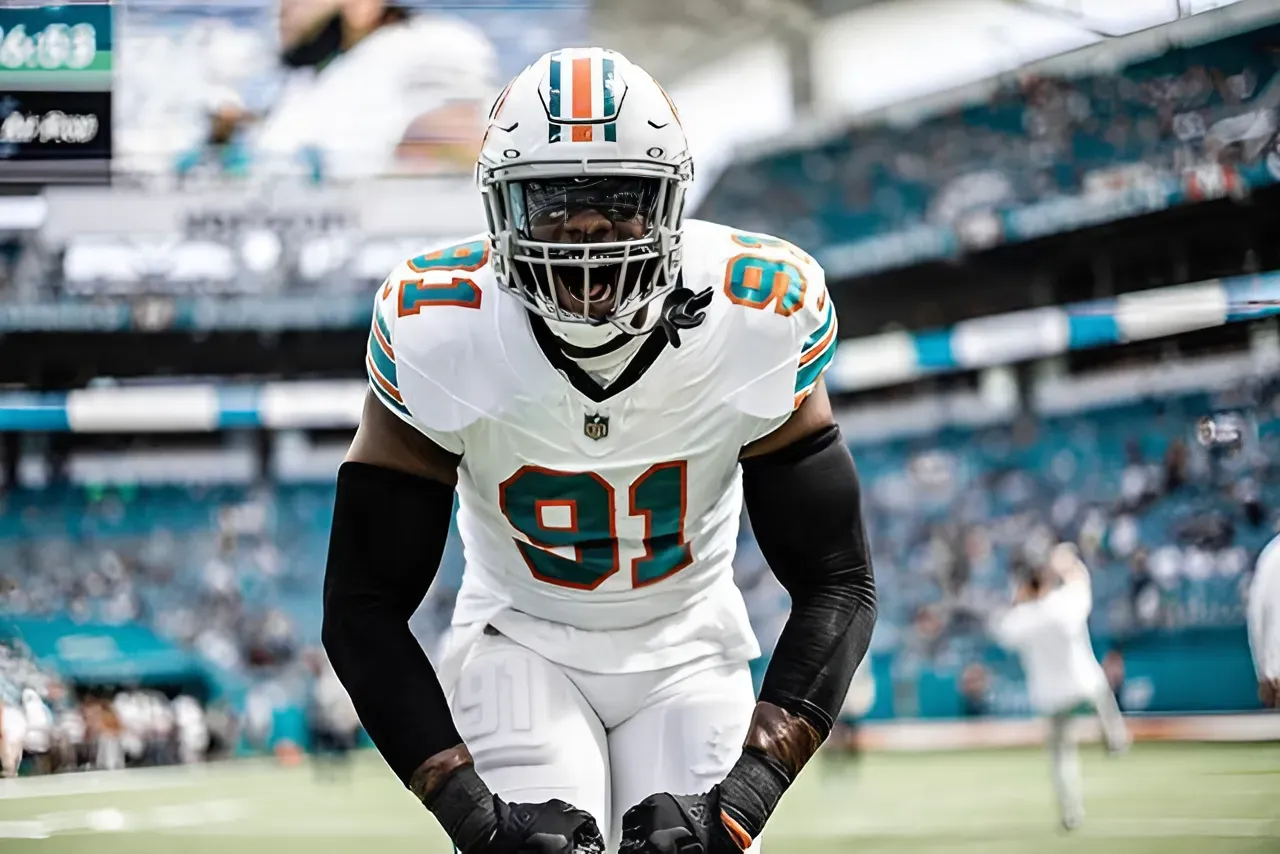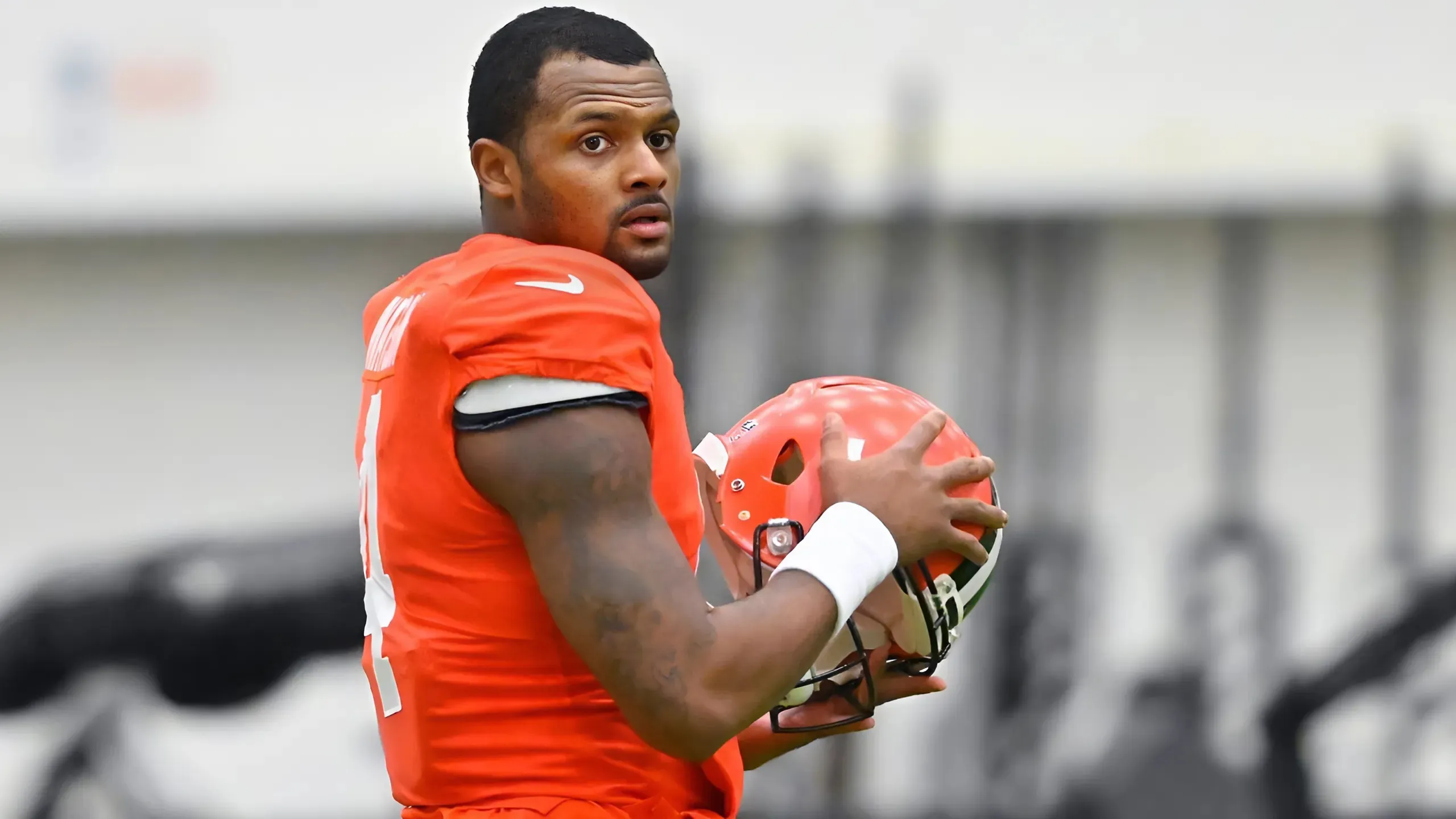In Sunday’s meeting with the Dallas Cowboys, Washington Commanders running back and returner Austin Ekeler suffered a concussion on a last-second kickoff, tallying his second of the year. While his first concussion this season caused him to miss Week 4, Ekeler could be looking at a longer recovery time following his second.

Head coach Dan Quinn met with the media on Monday afternoon, giving an update on Ekeler and others who suffered injuries during Sunday’s game. Quinn confirmed that Ekeler is in the concussion protocol, per Ben Standig of The Athletic.
When looking at the concussion protocol across the league, that process has many layers. Firstly, it involves the player getting a medical exam, getting opinions from an unaffiliated neurotrauma consultant, and following the league’s return-to-play protocol. The return-to-play protocol is where some players can get stuck, especially if they’re truthful in their self-reporting.
As seen with Chicago Bears safety Jaquan Brisker, being in the concussion protocol could last much longer than just a week or two, and it should if the player remains symptomatic.
Commanders RB Austin Ekeler’s recovery timeline unknown

With this being Ekeler’s second concussion in the span of 11 games, the 29-year-old back could miss the team’s next game, if not more.
It’s uncertain the severity of his concussion, but it didn’t look promising with the way his body reacted to the hit in Sunday’s contest. When analyzing brain injuries from the broadcast view, it’s incredibly tough to understand how bad of a concussion someone got, given the body part that’s injured is under multiple layers of both equipment and a skull.
That’s not to say other injuries are easy to diagnose from the broadcast view, but brain injuries are especially tricky because of how important their function is to the person affected.
While it might be uncomfortable, painful, and frustrating to do certain activities following a torn ACL or a broken arm, concussions have long-lasting effects on one of the body’s most important muscles: The brain.
And when players are stacking up concussions, it’s important for that player to really understand what their life after the game could look like if they don’t seriously consider the long-lasting effects of consistent injuries to the brain.
For Ekeler’s sake, he shouldn’t be rushing to get back on the field from what appeared to be a serious concussion.




